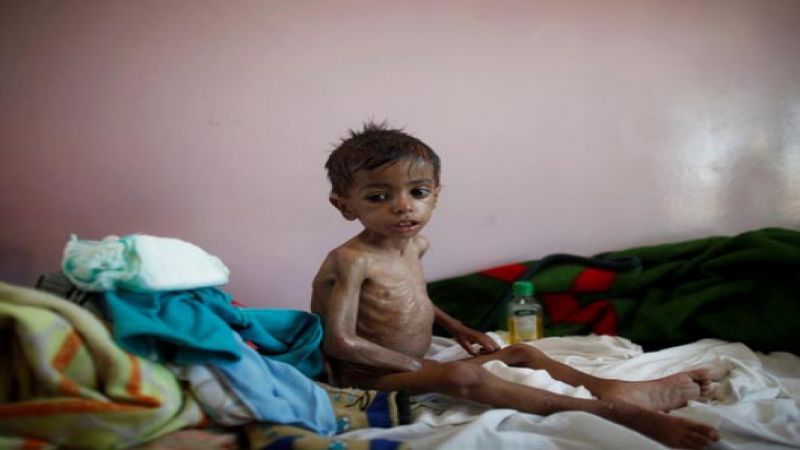
Last week, more than 70 people were murdered with toxic gas in northern Syria. Images of the dead, many of them children, inundated social media and then cable news broadcasts. When the president of the United States and his daughter saw them, they were (reportedly) horrified. The sight of “beautiful babies … cruelly murdered” moved the former to abandon his years-long opposition to American action against the Assad government. Within two days, Tomahawk missiles were falling on a Syrian airfield.
America’s news media and the leaders of both its major parties hailed this muscular defense of human rights. Granted, Trump’s missiles did, themselves, kill a couple of Syria’s “beautiful babies.” And his decision to launch them without congressional approval undermines our Constitution.
But such concerns are trivial, the pundits reasoned, when weighed against the imperative to punish crimes against humanity. After all, if the world’s one great power doesn’t uphold proscriptions against violations of human rights, then, for all practical purposes, human rights cease to exist. True, the U.S. strike won’t do anything to end Syria’s humanitarian crisis — but merely establishing a (theoretical) deterrent against the use of chemical weapons was more than enough justification for Trump’s attack.
While all those bombs were being dropped (and columns being written), Saudi Arabia was deliberately starving the people of Yemen with our [US] government’s tacit support.
For years, the U.S. has backed the Saudis’ intervention in Yemen’s civil war, despite the kingdom’s fondness for dropping American-made bombs on Yemeni hospitals. Since 2015, the Saudis have imposed an aerial and naval blockade on Yemen, which has kept commercial and humanitarian resources from reaching the poorest country on the Arabian Peninsula — one that imports nearly 90 percent of its food. This, combined with airstrikes that have devastated Yemen’s economy (and killed thousands), has left 3.3 million of the country’s residents acutely malnourished. More than 2 million of those malnourished Yemenis are children.
And in rural pockets of the nation, famine has already set in, according to a new United Nations World Food Program report.
“The situation is getting close to a breaking point in Yemen with unprecedented levels of hunger and food insecurity. Millions of people can no longer survive without urgent food assistance,” Stephen Anderson, WFP’s country director in Yemen, said in a statement obtained by Reuters. “We are in a race against time to save lives and prevent a full-scale famine unfolding in the country, but we urgently need resources to do this.”
…
In Syria, our intervention directly killed more innocent people in the immediate term, while doing nothing to end the country’s broader humanitarian crisis. In Yemen, we could end the humanitarian crisis almost immediately, by using our leverage over Saudi Arabia to end its blockade, and delivering emergency funds to the United Nations food program — actions that would kill no one.
In Washington, many bleeding hearts, on both sides of the aisle, have hailed Trump’s bombing of Syria as a moral necessity — while treating our complicity in the starvation of Yemen as unworthy of comment.
If our political leaders feel morally compelled to deliver missiles to Syria — but not food aid to Yemen — what, do you suppose, they mean by morally?
Source: America’s Voice, Edited by Website Team